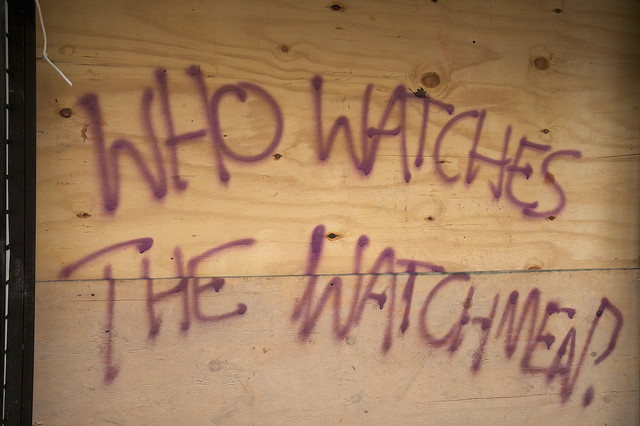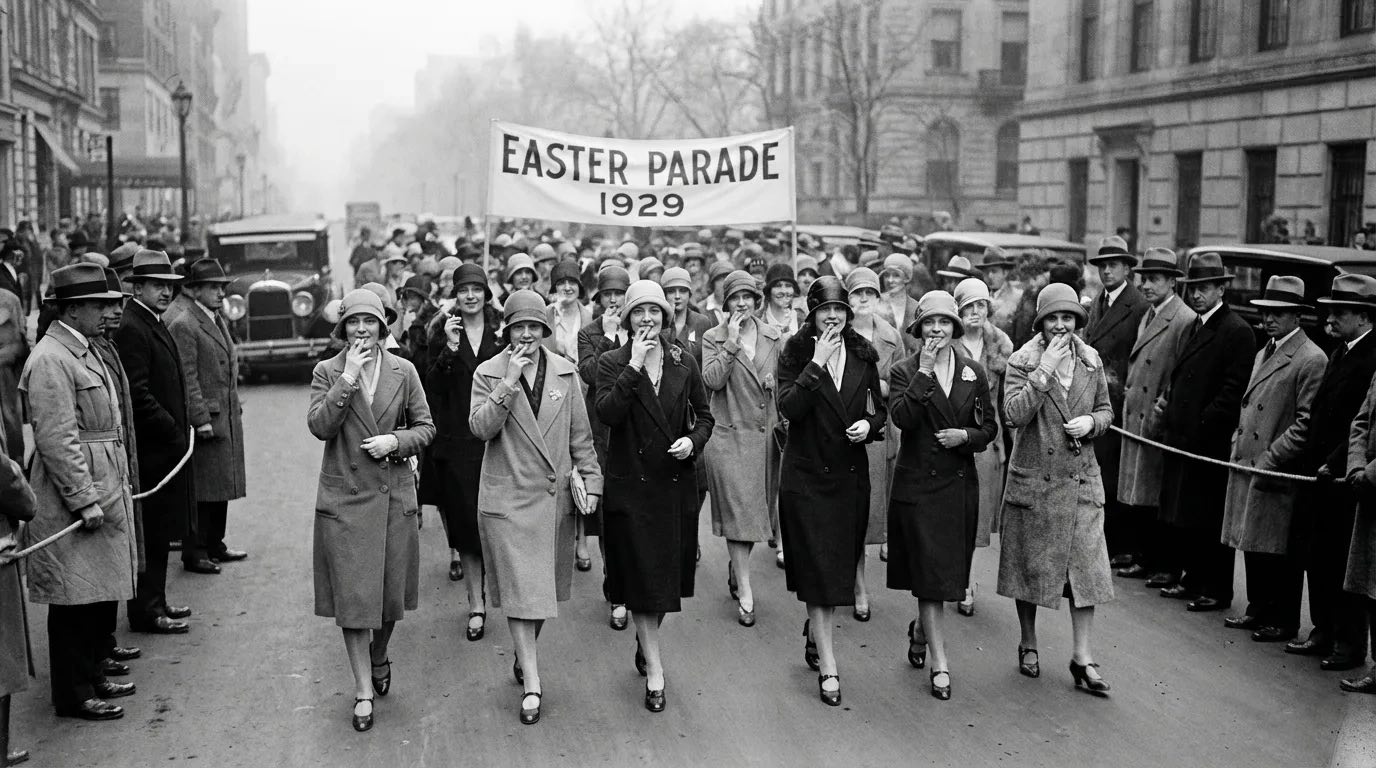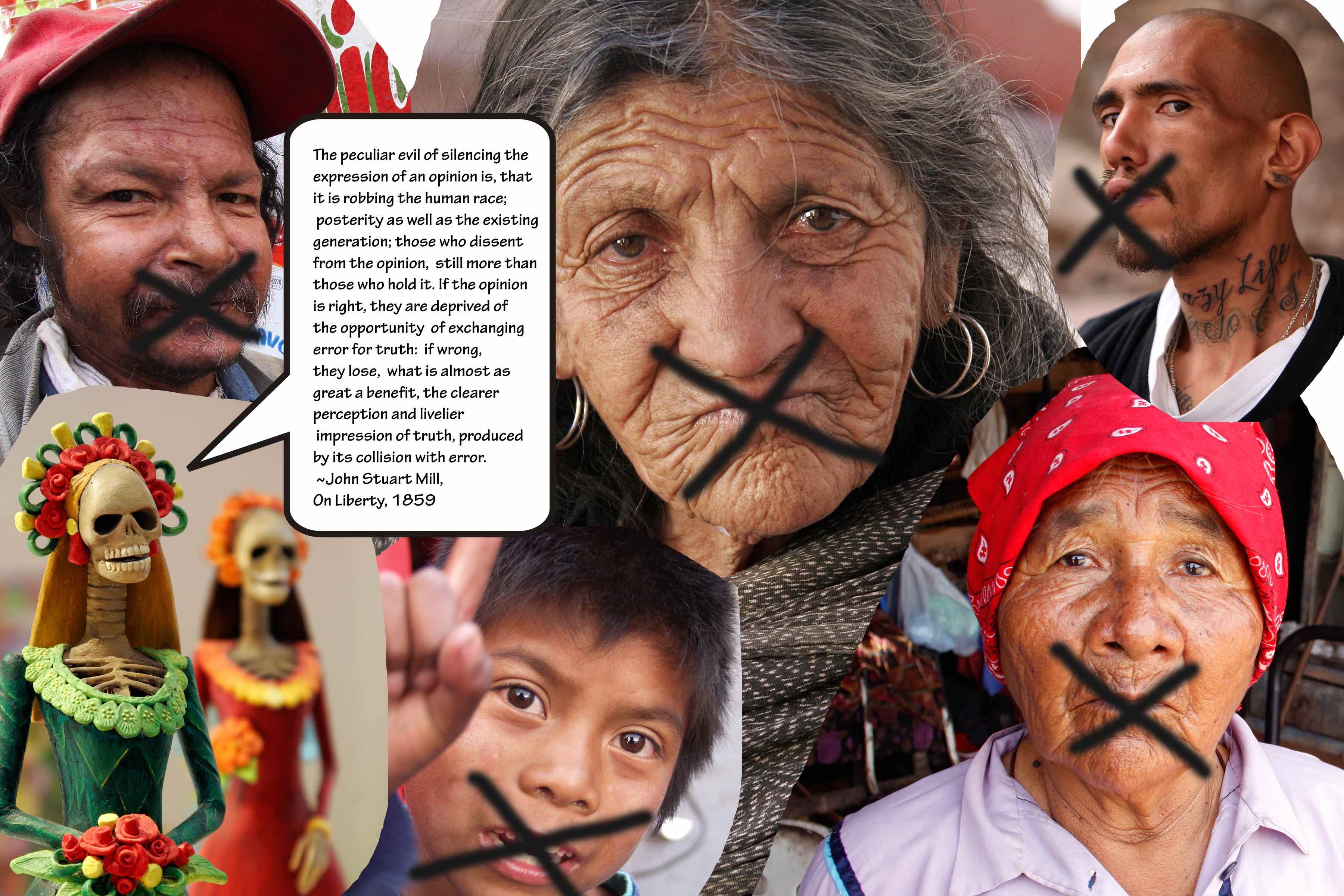
Robbing the human race
- Martin Enlund
- 12/2/23
TL;DR: Contemporary regulations not only threaten internet giants with substantial fines if they fail in their censorship efforts, but also undermine truth itself according to one of history’s foremost proponents of liberalism. With so many eager censors at work, can our societies still be said to be liberal?
As of August 25 this year, the EU, through new regulation (the Digital Services Act), mandates that very large online platforms must promptly remove illegal content, potentially harmful wording, disinformation, misinformation, and more. Very large platforms are defined as those reaching over 45 million monthly active users. Disinformation refers to intentionally spreading false information, whereas misinformation pertains to untrue information spread without malicious intent. Considering the extensive pollution ongoing in today’s information landscape, it’s understandable that efforts are being made from various angles to restore it to something more pristine. Failure to comply with these requirements could lead internet giants like Facebook, Instagram, and X (formerly Twitter) to face sanctions of up to six percent of their annual global revenue, or even being banned from the EU. A total of 19 companies are affected.
Note: this article is also available in Swedish
The censors’ handling of our information risks presupposing objectivity that they neither possess nor even can possess. The philosopher John Stuart Mill, who laid the foundations of liberalism, pointed out already in 1869 that all suppression of discussion implies an assumption of infallibility.
In several situations, it is also possible to question the intentions of certain censors. For example, a disinformation expert expressed concern in 2017 about a campaign that risked influencing a Senate election in Alabama. Among other things, the disinformation campaign spread the message that the Republican candidate wanted to ban alcohol – not an election-winning issue in the American South. The following year, it was revealed that this alleged Russian campaign had been created by Democratic Party operatives, and this by a company where the same expert was employed. The company succeeded in its campaign: by a narrow margin, their candidate became the first Democrat to capture Alabama’s US Senate seat since 1992. As the poet Juvenal asked: “who will watch the watchmen?”
The growing powers of censors, however, also imply a reduction in the value society can derive from social networks. This is because societal progress is only achievable through the collision and interweaving of many different perspectives. Engineer Robert Metcalfe proposed in 1980 that the value of a network increases exponentially with the number of users, in what is known as Metcalfe’s Law. Two telephones enable one connection, with five telephones, ten connections can be established, while twelve telephones have the capacity to create 66 different connections. As more individuals connect, the value of the network increases, creating a positive spiral of increasing value and more connections. At the corporate level, such a positive spiral can lead to a rapid journey to monopolistic greatness; just ask companies like Facebook, Instagram, and X.
But Metcalfe’s Law works both ways. If the value of a network increases exponentially as you add users, it decreases just as quickly as users leave it or get disconnected from it (in so-called deplatforming). The same naturally applies when users are prevented from communicating with each other. This occurred with truthful information before the 2020 US presidential election (the story of “the laptop from hell” gives reason to question the intentions of the censors) as well as with vaccines during the COVID-19 pandemic. Thus, according to Metcalfe’s Law, the greater the activity of our censors, the lesser the value we as society will derive from our networks.
John Stuart Mill warned in one of liberalism’s most central works On Liberty of “… the peculiar evil of silencing the expression of an opinion is, that it is robbing the human race; posterity as well as the existing generation; those who dissent from the opinion, still more than those who hold it. If the opinion is right, they are deprived of the opportunity of exchanging error for truth: if wrong, they lose, what is almost as great a benefit, the clearer perception and livelier impression of truth, produced by its collision with error.”
In sum, censorship not only undermines the truth according to one of history’s foremost proponents of liberalism, it also undermines society’s knowledge creation as well as societal progress itself. Are we genuinely willing to bear this cost? And if we are, can we still justify labeling our societies as liberal?
If you wish to subscribe, sign up here!
Cover image: Rob Speed (Rob Speed), CC BY-SA 2.0 https://creativecommons.org/licenses/by-sa/2.0, via Wikimedia Commons


